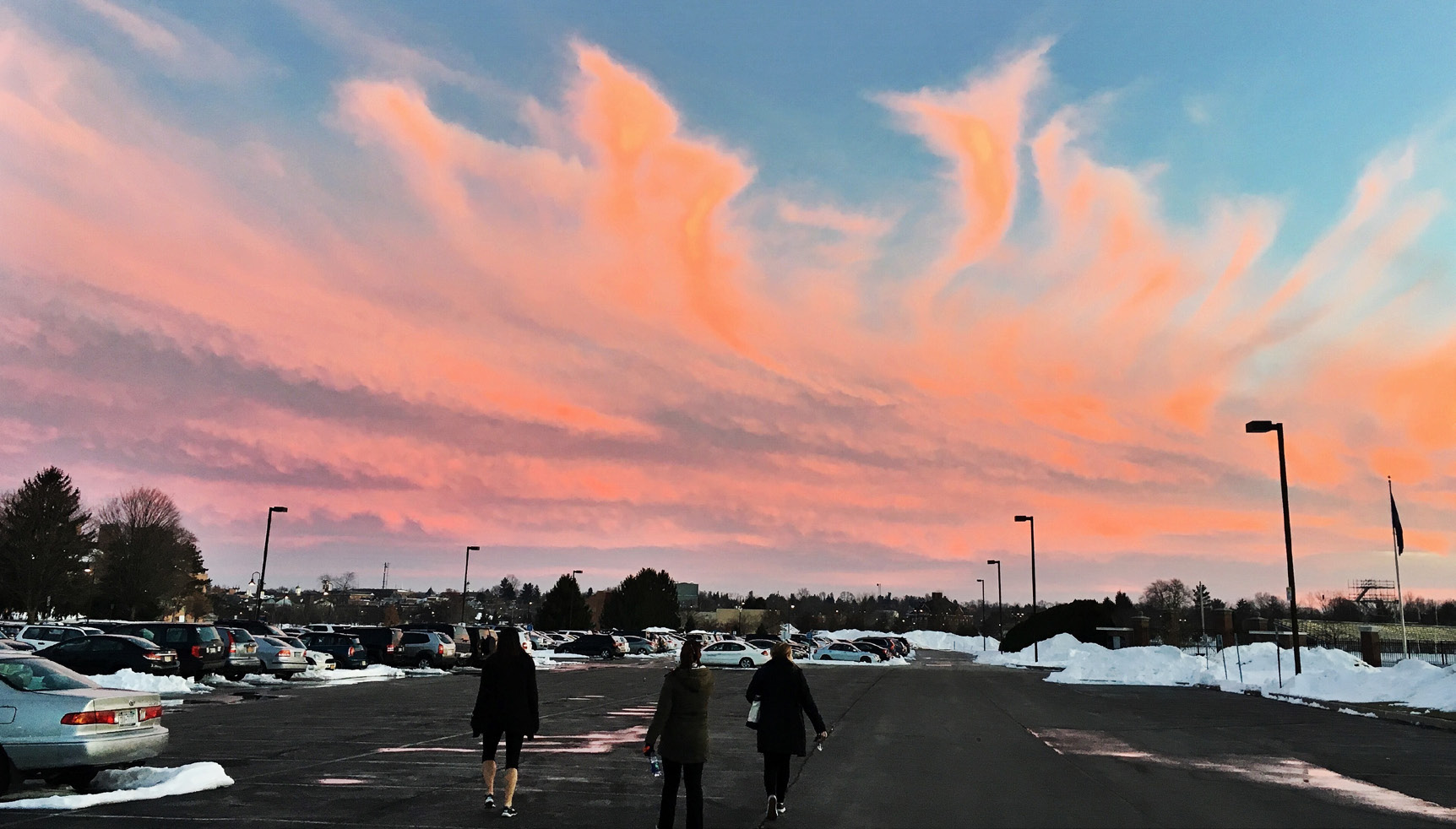Summer Research Spotlight: Alex Paredes
By Alex Paredes, Contributing Writer
When I first stepped foot on Gettysburg College, I had one thought and one thought only – “Get out”. My plan was simple: 1. Go to class, 2. Get the grades I need, and 3. Leave. I told myself I was going to follow this plan rigorously to ensure my success in college.
Well, that all changed when I got an email from Professor Kate Buettner of the chemistry department. An ambiguous message read “Stop by my office so we can talk”. Little did I know this meeting would completely change my next few months in college. She told me that through our few interactions she became impressed by me and wanted me to do research for her… how could I say no? Professor Buettner’s research focus on bio-inorganic chemistry, and she wanted me to pick up right where she left off. The research hoped to bind Titanium to due Ferri proteins, then use these titanium bound mini-metalloenzymes as epoxidation catalysts. If successful, our research could help develop catalysts that are more environmentally friendly and that could be used as therapeutics, which would be beneficial to scientists, the general public, and the natural world. Due Ferri proteins are small, structured proteins, which have binding sites for iron and copper.
At first, it all sounded like Latin and the next thing I knew the summer had arrived and I was standing in laboratory for my first day of official work, through the college’s X-SIG program. My advisor told me that there’s nothing to worry about and that it’s a very laid back environment, which I didn’t quite believe as I looked around the lab and saw three other students, Rich, Aphra, and Fontaine and my lab partner Olivia all dutifully working on their experiments.
Professor Buettner told me to calculate the mass of a compound needed and I reached for an open seat and began to calculate it. I stared at it for ten minutes before I realized that I didn’t know what to do. My thoughts were “What have I gotten myself into? I can’t even solve a simple chemistry question on the first day. How will I actually perform experiments?”
I went to her, finally, and told her I had no idea how to do this equation. She looked at me and reassured me that I certainly do. She then gave me the first step and sure enough, the equation was very simple. This is exactly what my research over the summer was like. I met Aphra, Rich, Fontaine, and Professor Thompson. I tried to seem nonchalant and ready to go. The experiments began and I felt like I always had a question that needed to be answered. I looked around to my peers and saw that they didn’t need to ask anything – even if asked to perform a brand new task. Eventually I became more comfortable with weighing out organic solvents, or figuring out what metal complex I needed to try to bind to my protein.
As more time went on, the nerves began to dissipate. Soon enough I was being less shy and opening up. I was speaking with other students and talking with professors. We decided to have some fun in lab and add a friendly competition – one which determined who the safest student in lab was. I won’t say I lost, but I won’t say I won either.
Lab work became what it should be – fun. I was asked to run an instrument, perform an experiment, create an experiment, and much more. I did all of this and more with little to no hesitation – I felt confident enough to be able to perform this.
My advisor, Professor Buettner, believed that whatever I came up with was viable to use and perform – and so we did. I became friends with my lab mates and my chemistry work no longer seemed like work. There were, of course, some frustrations. There were some results that were very unexpected. But nonetheless the ride went on.
By the end of the summer, we didn’t quite reach the point that we wanted to – but the ride isn’t over. I’m more than excited to continue doing my research and build on what we’ve done. Quite simply put – Professor Buettner saw the potential in me that I didn’t see myself. I figured getting through the day was all that I needed to do. Thanks to her and this research experience, I now know that there’s so much more. I know that even if I don’t think I can do something, there’ll be someone there to give me a helping hand. My research experience was the best roller coaster I’ve ever ridden, and the best part is that I’m still chugging on.

